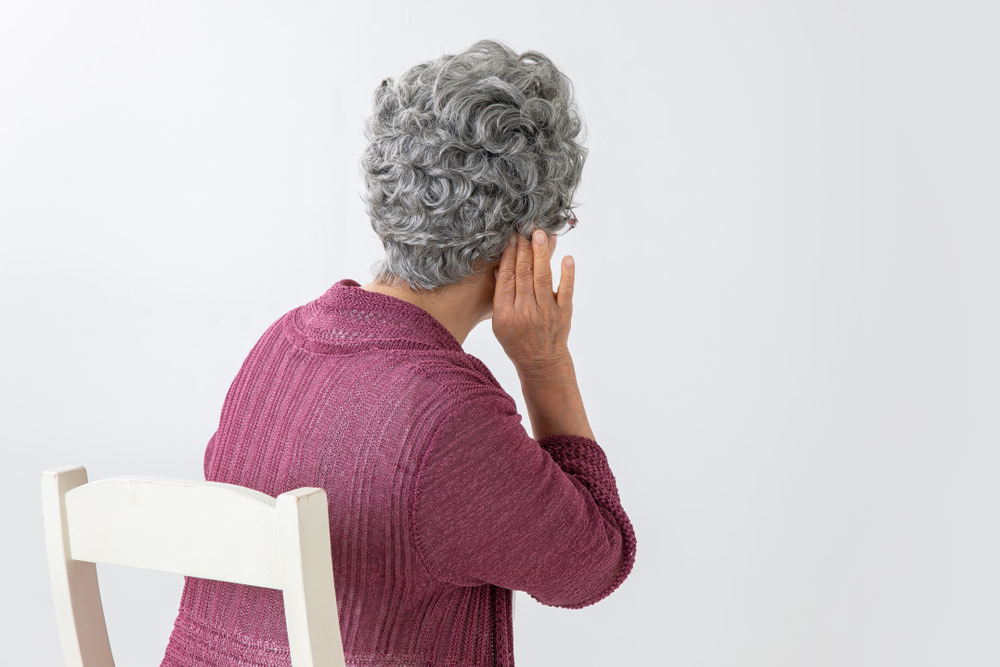
Hearing loss is a common occurrence as we age, impacting millions of seniors worldwide. While it might seem like a minor inconvenience, the effects of hearing loss can extend far beyond simple communication challenges. It can lead to feelings of isolation, frustration, and even depression. Whether the senior is receiving professional in-home care in Sherman Oaks or not, this issue can significantly impact their mood and everyday life. Understanding the psychological impact of hearing loss and learning coping strategies can help seniors navigate this change and maintain a high quality of life.
What are the psychological effects of hearing loss in the elderly?

As people age, they’re more likely to start experiencing certain health issues like vision loss or hearing loss. Hearing loss can have a profound impact on a senior’s emotional and mental well-being. The inability to clearly hear conversations can lead to feelings of isolation and withdrawal from social situations. Seniors may start avoiding gatherings or events, fearing they won’t be able to participate fully. This social isolation can then contribute to feelings of loneliness, sadness, and even depression. Moreover, the frustration of struggling to communicate can lead to anxiety and irritability.
How to mentally cope with hearing loss?
Here are some healthy and effective strategies for seniors to cope with this issue more easily:
1. Acceptance
The first step in coping with hearing loss is acceptance. Acknowledging the reality of the situation and its potential challenges allows seniors to proactively seek solutions and support. It’s important to understand that hearing loss is a common part of aging and that there’s no shame in seeking help.
2. Communication strategies
Learning effective communication strategies can empower seniors to navigate social interactions with greater confidence. This may involve asking others to speak clearly and face-to-face, reducing background noise whenever possible, or utilizing assistive listening devices. Openly communicating about hearing loss with friends and family can also encourage understanding and support.
3. Seek professional help
Consulting an audiologist is crucial for assessing the extent of hearing loss and exploring available treatment options. Hearing aids or other assistive devices can significantly improve hearing and communication abilities, reducing feelings of frustration and isolation.
4. Stay socially engaged
Maintaining an active social life is vital for combating the potential isolation associated with hearing loss. Joining clubs, attending community events, or participating in group activities can provide opportunities for connection and engagement. It’s also important to nurture existing relationships and communicate openly with loved ones about any challenges or concerns.
5. Practice self-care
Taking care of one’s physical and mental health is crucial for overall well-being. Engaging in regular exercise, eating a balanced diet, getting enough sleep, and managing stress can help seniors cope with the emotional challenges of hearing loss. Mindfulness practices like meditation or yoga can also promote relaxation and emotional resilience.
6. Support groups

Connecting with others who are experiencing similar challenges can provide a sense of community and understanding. Joining a hearing loss support group allows seniors to share their experiences, exchange coping strategies, and receive emotional support from others who truly understand their situation. This could help you embrace aging and the challenges that come with it more easily.
How do I find professional in-home care in Sherman Oaks and the surrounding area?
Hearing loss can be a challenging experience, but with the right support, seniors can continue to lead fulfilling lives. A Better Way In Home Care is here to connect you to caregivers who are trained to communicate effectively with individuals experiencing hearing loss. They can provide assistance with hearing aids, facilitate communication with others, and create a comfortable and supportive environment. They can also help with a variety of other needs that you or your aging loved one may have, from assistance with grooming and eating to companionship and light walks to The Magnolia. Contact us today to discover how our services can make a difference.








